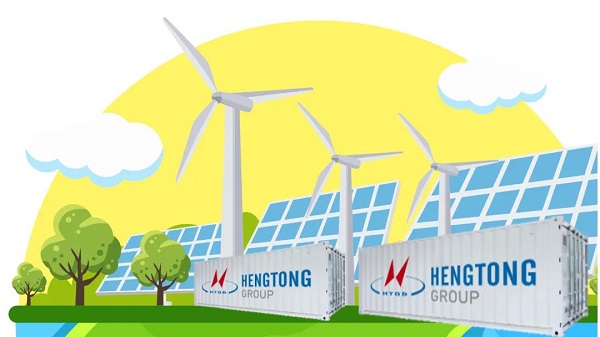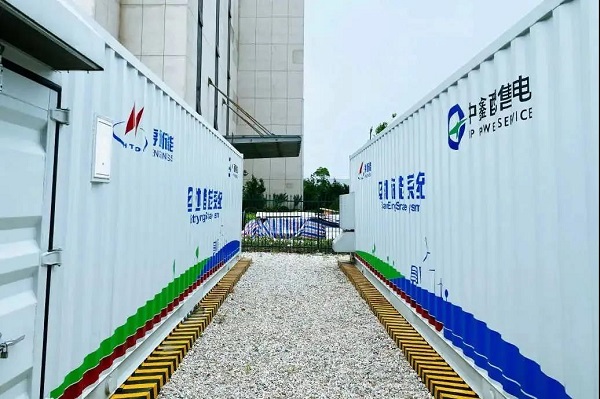Hengtong Megawatt Energy Storage Project Connected to the Grid
An 8MWh energy storage project contracted by Jiangsu Hengtong Energy Storage Technology Co., Ltd. succeeded in reverse power transmission and was successfully connected to the grid at the first attempt.

As one of the core technologies of new energy industry revolution, energy storage technology applies devices or physical media to store energy for emergent use. It can store energy when electricity demand is in the trough and release energy at the peak of the grid load. In this manner it can overcome the fluctuation of new energy power generation.
This 140㎡ project uses 380V low-voltage grid connection. The power station applies a 2MW/8MWh energy storage system containing four 40-foot standard containers with the functions of thermal insulation, corrosion resistance, earthquake resistance and waterproof. The capacity of each container is 500kW/2MWh.
Once this project is put into operation, it can provide intelligent energy utilization and protection solutions such as leveling the curve of the demand, emergent power supply, capacity management, load tracking, flexible reverse power protection, etc.
The successful connection with professional technical solutions and high-quality service of Hengtong Energy Storage have been applauded by customers.

Hengtong Energy Storage, which belongs to the general energy sector of Hengtong’s Power Industry Group, is based on the comprehensive energy utilization, multi-energy complementation, ‘Internet + energy’ and other foundations of energy industry. Taking ‘Mining-Generation-Transmission-Distribution-Utilization-Storage’ as the starting point of business, it is mainly engaged in R&D, production, EPC, operation and maintenance and investment services of large energy storage projects. It also provides solutions to energy storage of industrial, commercial and household use, as well as energy storage of power system, micro-grid, distributed photovoltaic generation, distributed wind power, photovoltaic and energy storage, energy monitoring, energy conservation of industry and construction, multi-energy complementation, regional energy management and other systems. In this manner, it strives to build a comprehensive industrial chain of energy service in cooperation with the power grid.




